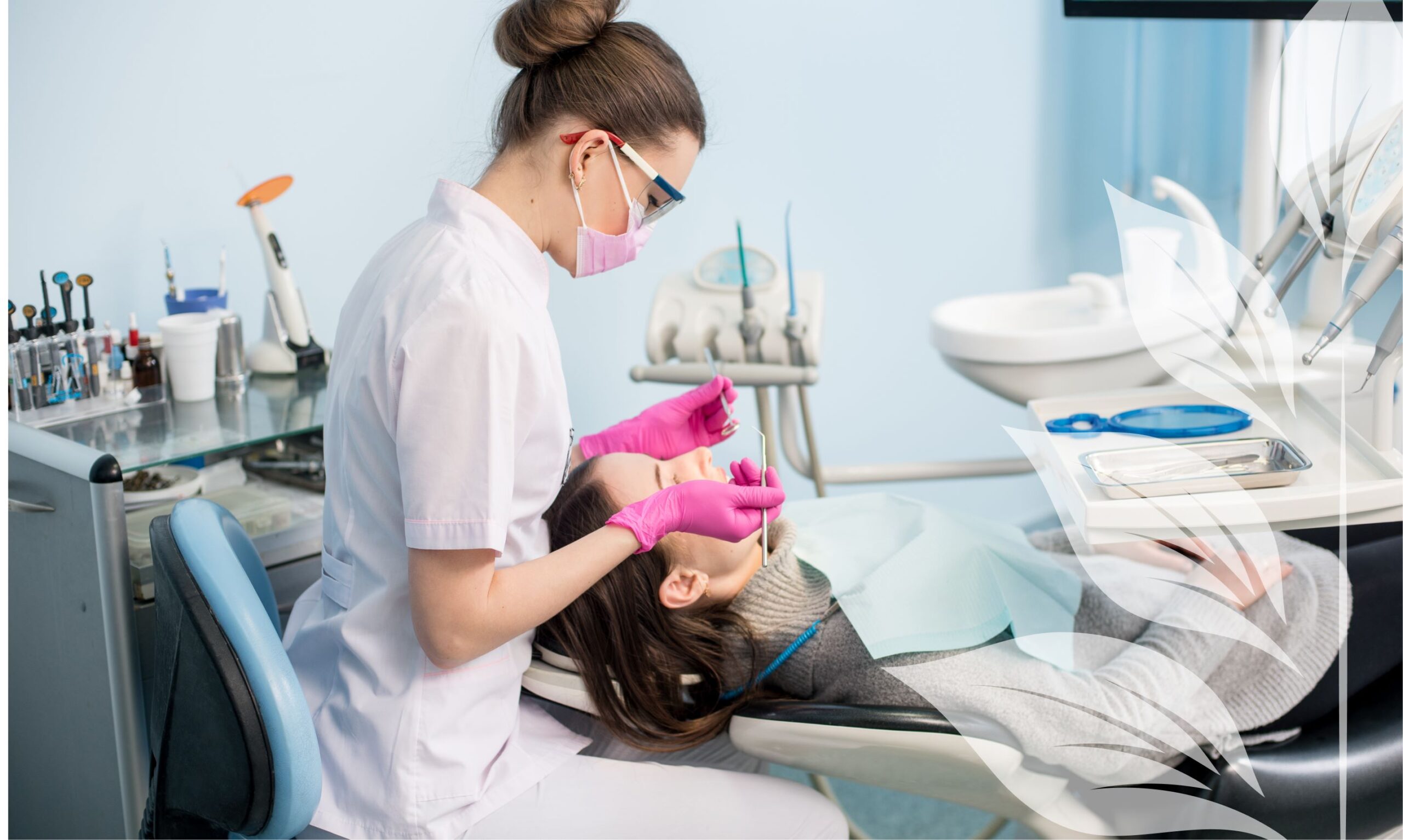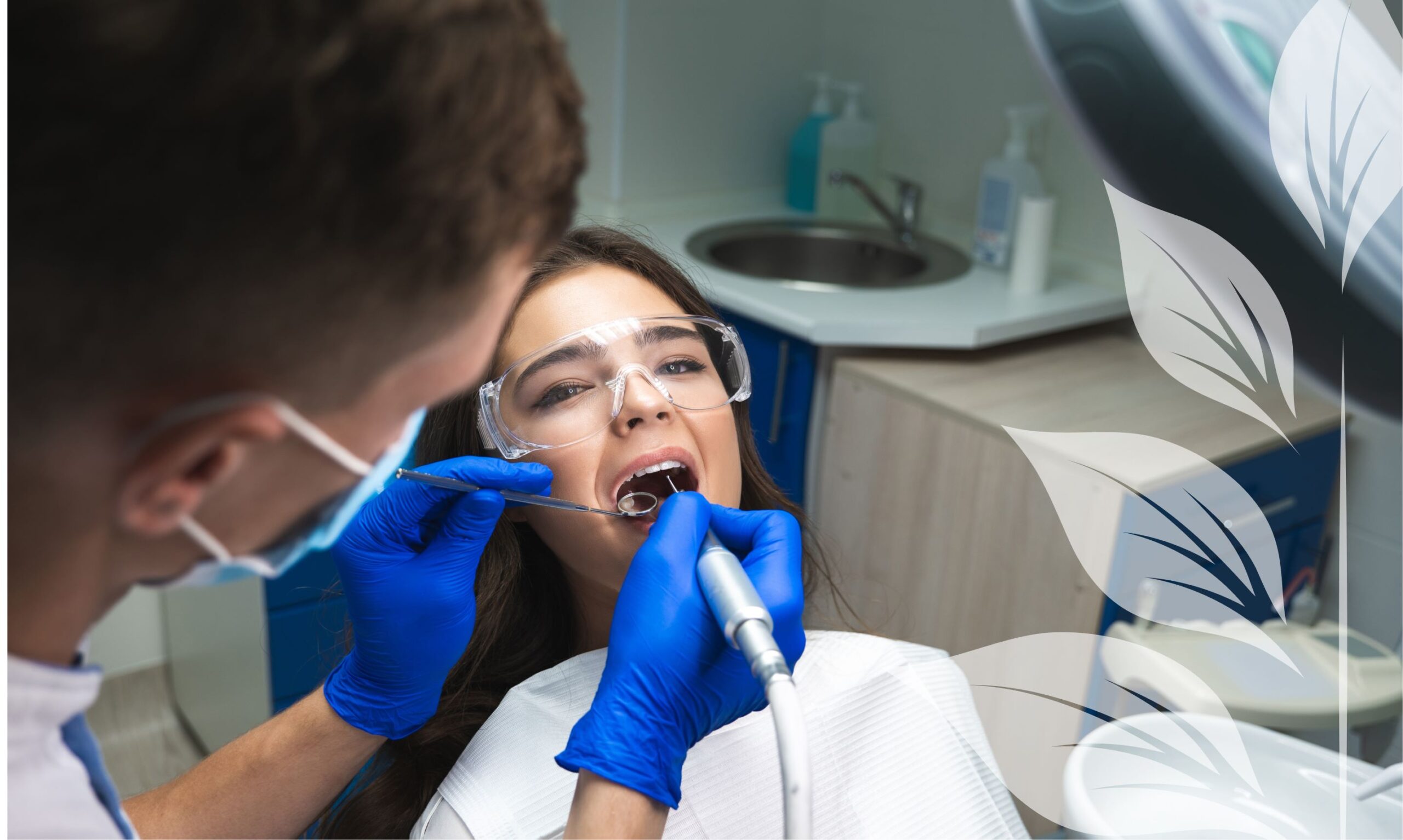The bad breath club is not one that any of us want to belong to. But unfortunately, it affects one in four people globally. That’s a lot of people out there with less than pleasant smelling breath. And the chances are that if you are one of the 25%, you probably don’t feel much like getting up close and personal with anyone. Whether it’s for romance or even chatting in close range with colleagues, bad breath can truly be a buzzkill. So what’s the solution for a fresher smile? Read on—we’ve got the inside scoop.
The Prevalence of Bad Breath
As we said earlier, bad breath affects quite a few people. It can really wreak havoc on your confidence and social interactions. But it doesn’t have to be that way. Awareness is where the solutions all start. By knowing you have bad breath and taking the time to evaluate your health habits, you can get to the root cause and set your course on a path to fresher breath.
Common causes of bad breath.
Let’s get to the root cause of bad breath. According to Johns Hopkins Medicine, halitosis, or bad breath, can stem from various sources:
- Dietary factors: Certain foods, notably garlic and onions, can affect breath as they are absorbed into the bloodstream and eventually exhaled.
- Inadequate oral hygiene: Without proper brushing, flossing, and dental checkups, food particles linger in the mouth, promoting bacterial growth and leading to foul odors.
- Neglected dentures: Improper cleaning of dentures can harbor bacteria and food remnants, contributing to bad breath.
- Tongue bacteria: Bacteria on the back of the tongue can react with food residues, generating sulfur compounds that cause unpleasant breath.
- Periodontal disease: Gum disease often manifests as persistent bad breath and requires professional attention.
- Dry mouth: Reduced saliva production hampers the mouth’s ability to cleanse itself, allowing food particles to accumulate and lead to halitosis.
- Tobacco use: Smoking and other tobacco products not only stain teeth but also contribute to oral health issues like bad breath and increased risk of periodontal disease and oral cancer.
- Underlying health conditions: Chronic bad breath can indicate respiratory infections, sinusitis, diabetes, or gastrointestinal disorders, among other health issues. Consult a healthcare provider for proper diagnosis and treatment.
4 tips for fresher breath.
Now that you know what might be causing your bad breath, it’s time to do something about it. First, of course, consider those causes. If you are a smoker, seek help from a medical professional to quit. If you have one of the underlying medical conditions we mentioned above, set up some time with your doctor to see if there are alternative medications that are less likely to cause bad breath.
But perhaps most importantly, adopt a good oral hygiene routine. Taking care of your teeth and gums is the best way to prevent halitosis and to rebuild confidence that has been eroded by bad breath.
- Brush your teeth twice a day. Brush for two minutes at a time, using a soft-bristled toothbrush. Don’t underestimate how important this is. When you don’t brush often enough, all that bacteria in your mouth can harden into plaque. Not only does that lead to tooth decay and cavities, but it can set you up for some foul-smelling breath.
- Don’t underestimate the power of flossing. While many people understand the value of brushing, you may be surprised to know that many people skip out on flossing altogether. We implore you not to do that. The fact is that your toothbrush does a great job overall, but it can’t get in between your teeth. Only floss can do that. So, flossing once per day, especially at night before bed, can help loosen those food particles that have become lodged in between your teeth.
- Finish off your brushing and flossing routine with a good oral rinse. Swishing and gargling with a good fluoridated mouthwash after brushing and flossing can help rid your mouth of those food particles. Not only that, but mouthwash can help kill some of that bad bacteria sitting inside your mouth. Swish and gargle for as long as you can for maximum effectiveness—30 to 60 seconds is best.
- Drink plenty of water. Not only does water help to hydrate your body, but acids present in plaque, food, and drinks pose a threat to tooth enamel, but incorporating water into your daily routine can mitigate this risk. By diluting acids, water acts as a natural protector for your teeth. Simply drinking a glass of water can effectively rinse away residues that contribute to stains, diminish bacteria responsible for bad breath, and protect tooth enamel from erosion.
Allred Family Dentistry can help you say goodbye to bad breath.
Bad breath affects a significant portion of the population globally, impacting confidence and social interactions. Understanding its causes can help you address the issue effectively. Factors such as dietary choices, poor oral hygiene, neglected dentures, and underlying health conditions contribute to halitosis. Fortunately, there are steps you can take to combat bad breath and regain your confidence in social situations.
By quitting smoking, addressing underlying medical conditions, and prioritizing oral hygiene, you can significantly reduce bad breath. Brushing teeth twice daily, flossing regularly, and using a fluoridated mouthwash help eliminate bacteria and food particles that lead to unpleasant odors. Additionally, staying hydrated with water dilutes acids that harm tooth enamel and promotes a healthier oral environment.
For comprehensive oral care and guidance on combating bad breath, consult a trusted local dentist in Griffin, Georgia, like Allred Family Dentistry. Take charge of your oral health today and enjoy the benefits of a consistently fresher smile. Contact us to schedule your appointment.





